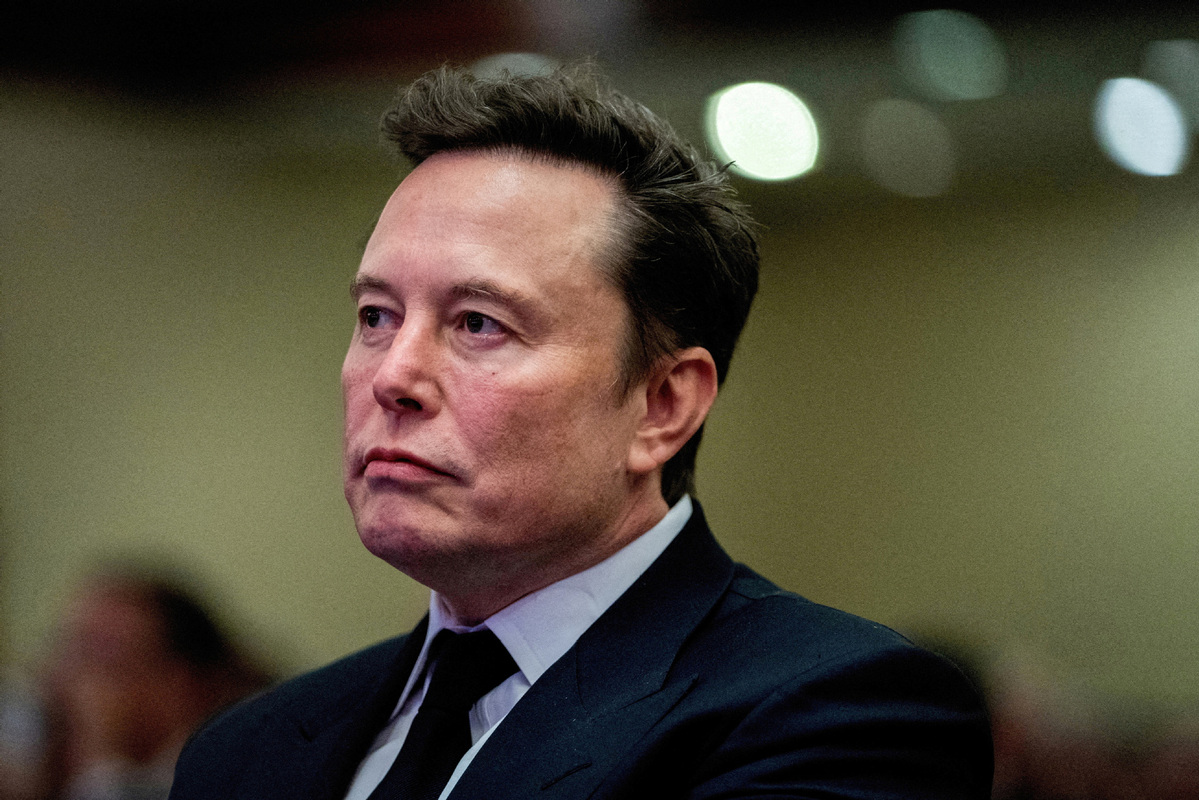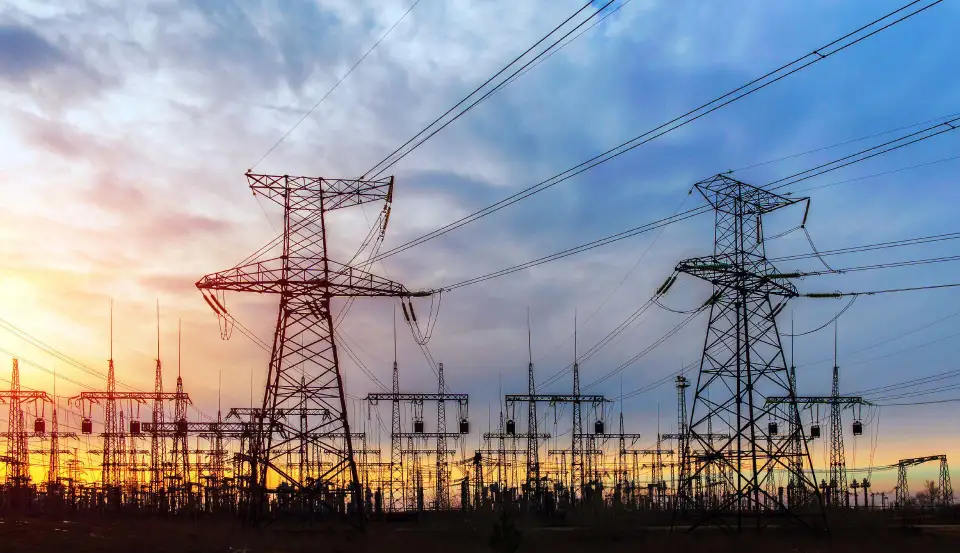China has announced that it will suspend for one year the implementation of the latest round of rare-earth export controls it unveiled in October, in order to honor the extended trade truce reached by the Chinese and U.S. leaders at their meeting in South Korea at the end of last month.
According to a notice on the website of China’s Ministry of Commerce, the Ministry of Commerce and the General Administration of Customs announced on Friday (Nov. 7) that, effective immediately until Nov. 10, 2026, they will suspend the implementation of export control measures on items related to lithium batteries, artificial graphite anode materials, certain medium- and heavy rare earths, certain rare-earth equipment and raw and auxiliary materials, superhard materials, related overseas rare-earth items, and rare-earth-related technologies.

Earlier, on Oct. 9—shortly before the China–U.S. leaders’ meeting—Chinese authorities issued six separate notices announcing export controls on many of the above rare-earth items, technologies and equipment, a move that at the time alarmed numerous governments and markets.
The latest Friday announcement, however, made no mention of the export controls introduced on April 4 in response to U.S. President Trump’s early-April global tariff policy; those April measures, issued by the Ministry of Commerce together with the General Administration of Customs, targeted seven medium- and heavy rare-earth items including samarium, gadolinium, terbium, dysprosium, lutetium, scandium and yttrium.
When the White House posted the contents of the China–U.S. trade agreement on its website last Saturday (Nov. 1), it said China would temporarily hold off on implementing the new round of rare-earth export controls announced on Oct. 9 and would restore exports of key minerals subject to export controls such as gallium, germanium, antimony and graphite.

The trade agreement reached by Chinese President Xi Jinping and U.S. President Trump on Oct. 30 in Busan covers reductions by Washington in certain tariffs it had imposed over fentanyl-related concerns to 10%, a one-year continuation of a pause on matching 24% reciprocal tariffs on China, and Beijing’s one-year suspension of certain rare-earth export controls; the two sides also reached understandings on fentanyl-related law enforcement cooperation and expanded agricultural trade.
In addition to suspending some rare-earth export controls, China’s General Administration of Customs also announced on Friday that, from Monday (Nov. 10), it will reinstate the qualifications of three U.S. companies to ship soybeans to China and will rescind the suspension of imports of U.S. logs.
Both of those restrictions had been introduced in March at a time when the U.S.–China trade war was intensifying.











暂无评论内容